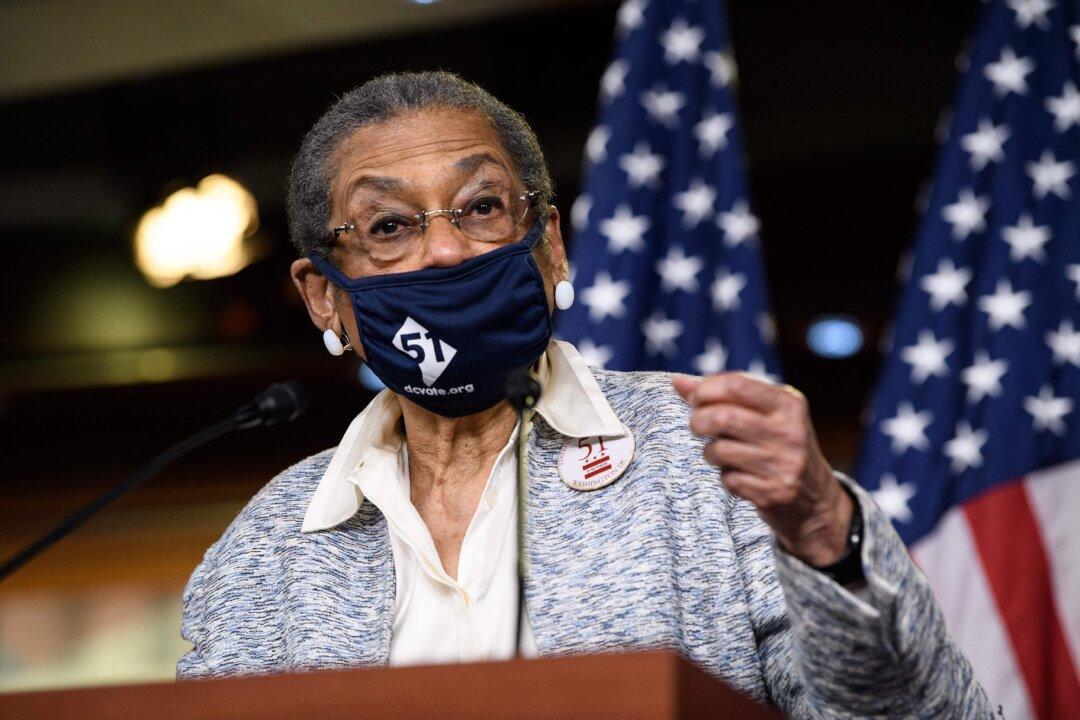District of Columbia residents aren’t entitled to voting representation in the U.S. House of Representatives, the Supreme Court ruled, affirming a lower court decision.
The ruling came after the House approved legislation in April to make D.C. the 51st state; the bill stalled in the Senate. Democrats support the measure, arguing that all U.S. citizens should be represented in Congress, while Republicans oppose it because they believe the framers of the Constitution didn’t want D.C. to become a state, and because the new state’s two senators would almost certainly be Democrats in the Democratic Party stronghold.





